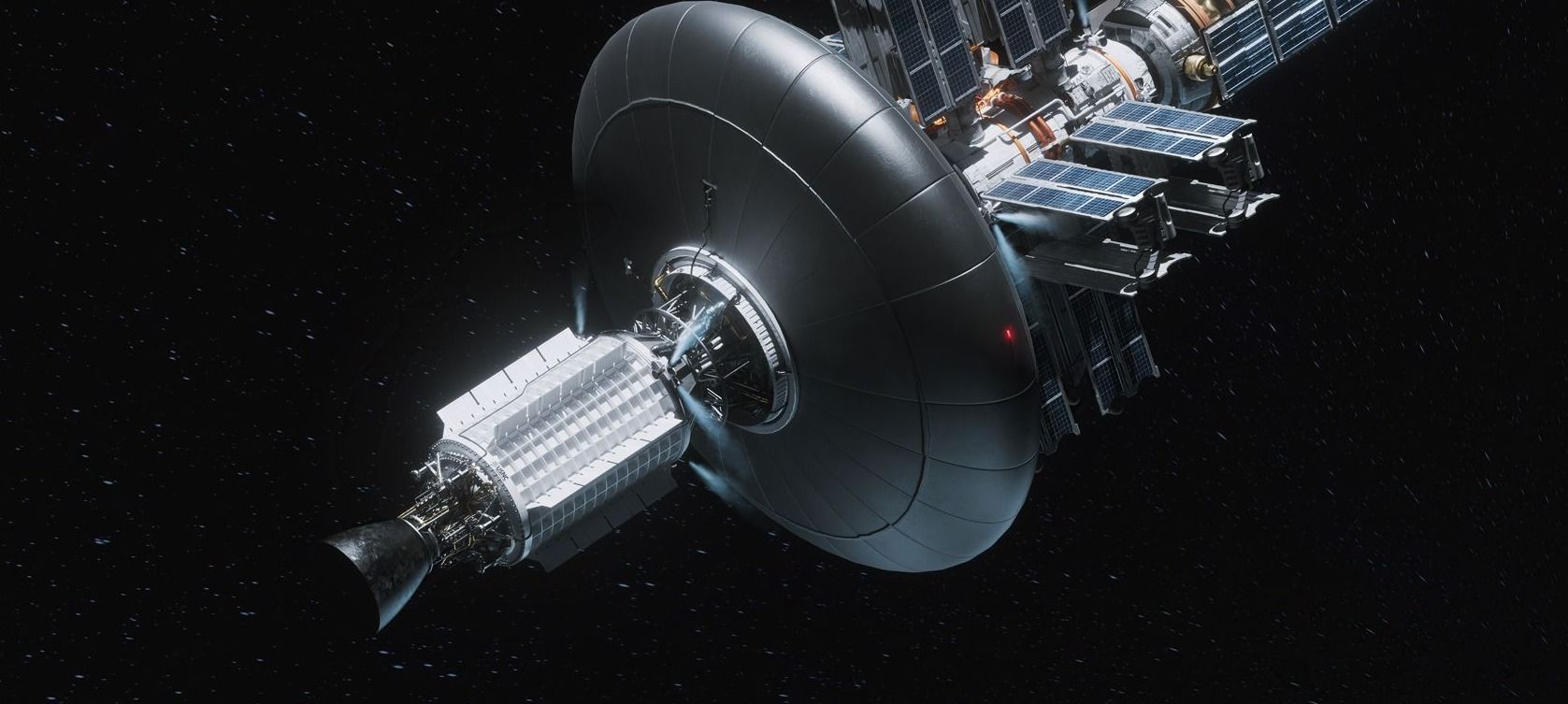 US-based Ultra Safe Nuclear Corporation (USNC) has won a contract from NASA to develop and mature Nuclear Thermal Propulsion (NTP) systems to advance US civil science and cislunar capabilities. The contract, is intended to move NTP from design to equipment manufacture.
US-based Ultra Safe Nuclear Corporation (USNC) has won a contract from NASA to develop and mature Nuclear Thermal Propulsion (NTP) systems to advance US civil science and cislunar capabilities. The contract, is intended to move NTP from design to equipment manufacture.
USNC will manufacture and test advanced, proprietary fuel it has developed and will collaborate with commercial partner Blue Origin to mature the design of an NTP engine specifically optimised for near-term civil science and cislunar missions. USNC said this marks a significant step forward in preparation for long-term applications of NTP systems and will build on the foundation laid by NASA and DOD’s Defense Advanced Research Projects Agency (DARPA) with its Demonstration Rocket for Agile Cislunar Operations (DRACO) programme.
“This next year is a critical and exciting time for NTP. While we’re optimistic about the hurdles the DRACO programme will break through, NTP still needs significant development before it is ready to be deployed as part of a larger mission that moves real payloads in space,” said USNC Programme Manager for Nuclear Propulsion Dr Vishal Patel. “This next year will get us prepared for operational missions achieving higher performance after the DRACO demonstration,”
Paolo Venneri, Executive Vice President at USNC Nuclear Advanced Technologies noted: “A civil science programme, with dedicated funding from NASA, will ensure diverse approaches to the development of NTP and provide significant risk reduction,” said. “Both cislunar and deep space science missions, like the ones being explored under this contract, will serve as stepping stones towards both commercial NTP capabilities and a future human mission to Mars.”
Building off its recent delivery of nuclear fuel particles to NASA’s Space Nuclear Propulsion (SNP) program, this contract will see USNC manufacture fuel assemblies for testing in prototypic conditions. “We’ve been hard at work on NTP, bringing our fuel and reactor design closer to production. We’re eager to develop these high-performance NTP systems and demonstrate our unique solution for NTP fuel,” said Dr Michael Eades, Chief Scientist for Advanced Technologies at USNC.
In addition to building fuel assemblies, USNC will also be building and testing critical safety systems for the NTP engine, a pre-requisite for eventual testing of the integrated nuclear system at a Department of Energy site. USNC said this is expected to build credibility and maintain private cash flow into NTP development by both USNC and its partners, while continuously pushing the government to lower commercial barriers to entry for NTP by advancing the development of fuel and engine testing infrastructure.
Image: Visualisation of nuclear thermal propulsion being used in space (courtesy of USNC)






